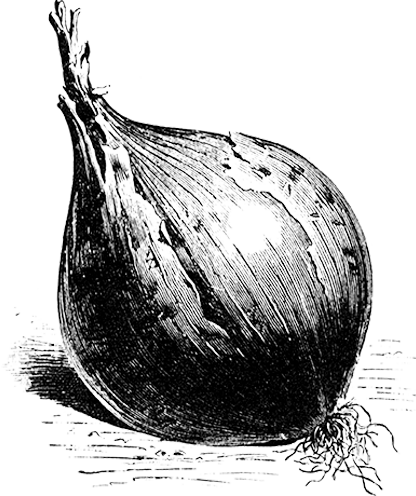Information
Is a black radish for the winter of black peel and tender, white flesh with a marked taste of black radish. The root is almost ball-shaped and should be harvested when it is 7-8 cm. Round black was introduced before 1824. It stores well. A portion has about 300 seeds.
| Product number: | 5980 |
|---|---|
| Scientific name: | Raphanus raphanistrum subsp. sativus |
| Botanic family: | The Mustard Family - Brassicaceae |
| Organic: | Yes |
| Days to maturity: | 60 |
| Lifespan: | Biannual |
| F1 Hybrid: | No |
| New variety: | No |
| Sowing time: | March/July–August |
| Sowing depth: | 1–2 cm |
| Germination time: | 4–7 days |
| Plant spacing: | 10–15 cm |
| Row spacing: | 35–50 cm |
| Height: | 25 cm |
| Plant location: | Sun–Half shade |
| Harvest/blooming: | May/August–October |
| Seeds/g: | 90–130 seeds |
| Other: | Short-day plant |
| Heirloom variety: | No |
Cultivation advice
Sowing
Sow directly, 1-2 cm deep, in mid July for harvest later in the autumn. If sown earlier they will bloom and become woody. A really early sowing in spring might succeed.Spacing
Between the plants 10-15 cm and 35-50 cm between the rows.Harvest
The Winter Radish isn't harmed by a few degrees of frost but it must thaw out completely before harvest. Do not wait for too long! The oblong Winter Radishes should not grow larger than tennis balls. Big roots crack and become spongy. Cut off the tops 1 cm or two above the root. Eat the Winter Radish raw in sandwiches, in salads, casseroles and preserves or soured. The Winter Radish is very nutritious like most other cabbage plants.Seed
90-130 seeds/1g, one portion sows about 7 m, about 20 g for 100 m.A portion contains about 300 seeds.
